Heather Graham, actress from films like The Hangover and Austin Powers, discusses the realities for young women in Hollywood and the men who run it, what it’s like to transition to the role of director, and more.
In this episode of The Liz Moody Podcast, host Liz Moody sits down with actress and director Heather Graham. They tackle issues like Hollywood’s pervasive misogyny, Heather’s personal experiences with figures such as Harvey Weinstein, and the transformative power of storytelling in women’s lives. Heather opens up about overcoming an abusive family background, choosing to remain child-free, and the significance of finding a chosen family and maintaining optimism. The discussion spans diverse topics including aging, sexuality, mental health, and the empowering role of self-help and therapy. Heather also delves into the impact of daily affirmations and self-love practices on her life, sharing how these methods helped her fulfill ambitions.
- 00:35 Heather’s Hollywood Experiences
- 00:59 Breaking Free and Creating Family
- 01:27 Secrets to Optimism and Wellness
- 01:48 Listener Engagement and Support
- 02:15 Diving into the Conversation
- 02:33 Heather’s Optimistic Outlook
- 04:01 Mental Health and Self-Help Practices
- 06:11 Overcoming a Religious Upbringing
- 07:16 Navigating Hollywood and Sexuality
- 15:43 Sex and Relationships
- 26:56 Friendship and Chosen Family
- 28:31 Child-Free by Choice
- 30:37 Navigating Friendships with Kids
- 31:11 Perspectives on Marriage
- 31:55 Impact of Parental Relationships
- 33:34 Growth and Healing
- 34:51 Challenges in Hollywood
- 40:01 Directing vs. Acting
- 45:28 Balancing Different Film Genres
- 52:39 Building Strong Communities
For more from Heather, you can find her on Instagram at @imheathergraham. Watch her newest film, Place of Bones, in theaters and streaming starting August 23rd. Her debut film as writer and director, Chosen Family, will premiere this fall.
To join The Liz Moody Podcast Club Facebook group, go to https://www.facebook.com/groups/thelizmoodypodcast.
Ready to uplevel every part of your life? Order my new book 100 Ways to Change Your Life: The Science of Leveling Up Health, Happiness, Relationships & Success now!
This episode is sponsored by:
AG1: visit drinkag1.com/lizmoody and get your FREE year supply of Vitamin D and 5 free travel packs today.
ZocDoc: go to ZocDoc.com/LizMoody and download the Zocdoc app for FREE and book a top-rated doctor today.
Puori: go to puori.com/LIZMOODY and use promo code LIZMOODY for 20% sitewide.
Cymbiotika: use code LIZMOODY on cymbiotika.com to get 15% off plus free shipping on subscription orders.
Listen to Everything You’re Getting Wrong About Intercourse (And How To Get It Right) on Pillow Talks.
The Liz Moody Podcast cover art by Zack. The Liz Moody Podcast music by Alex Ruimy.
Formerly the Healthier Together Podcast.
This podcast and website represents the opinions of Liz Moody and her guests to the show. The content here should not be taken as medical advice. The content here is for information purposes only, and because each person is so unique, please consult your healthcare professional for any medical questions.
The Liz Moody Podcast Episode 256.
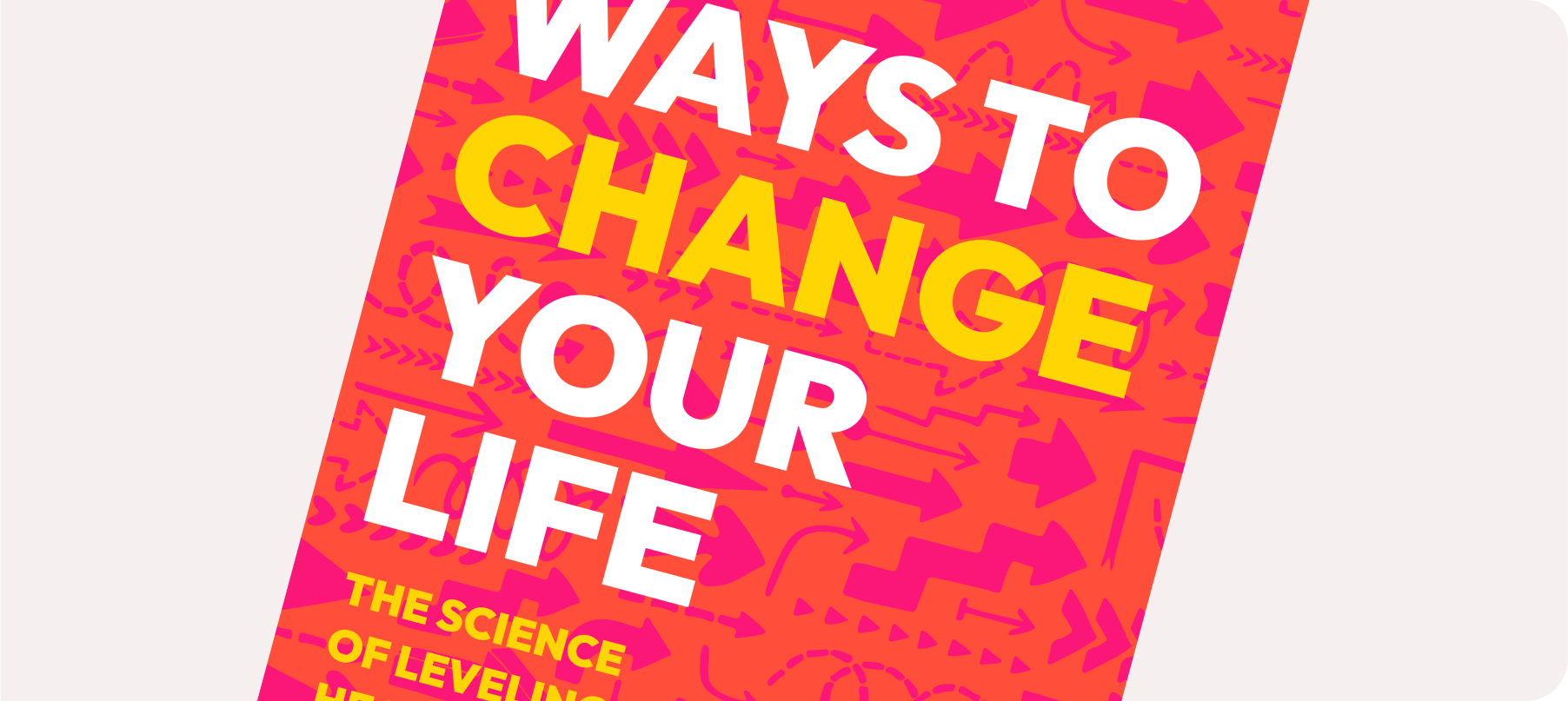
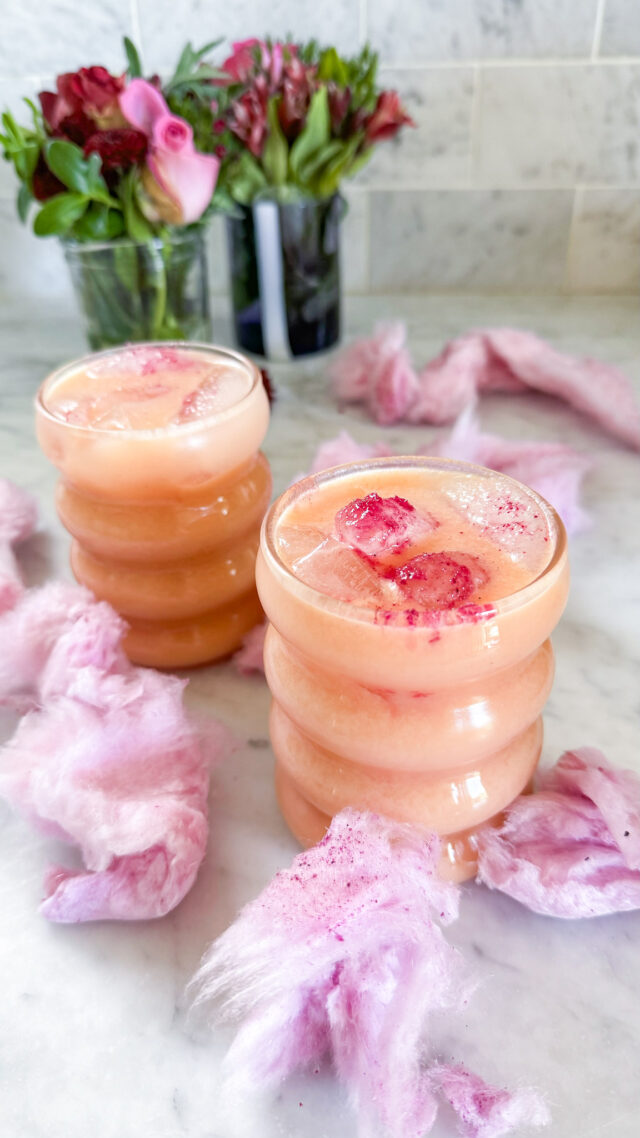




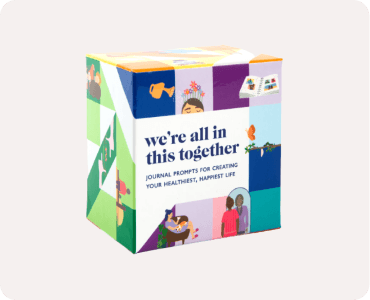
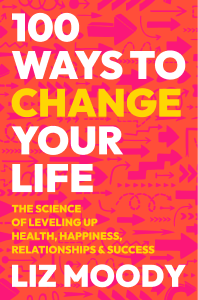
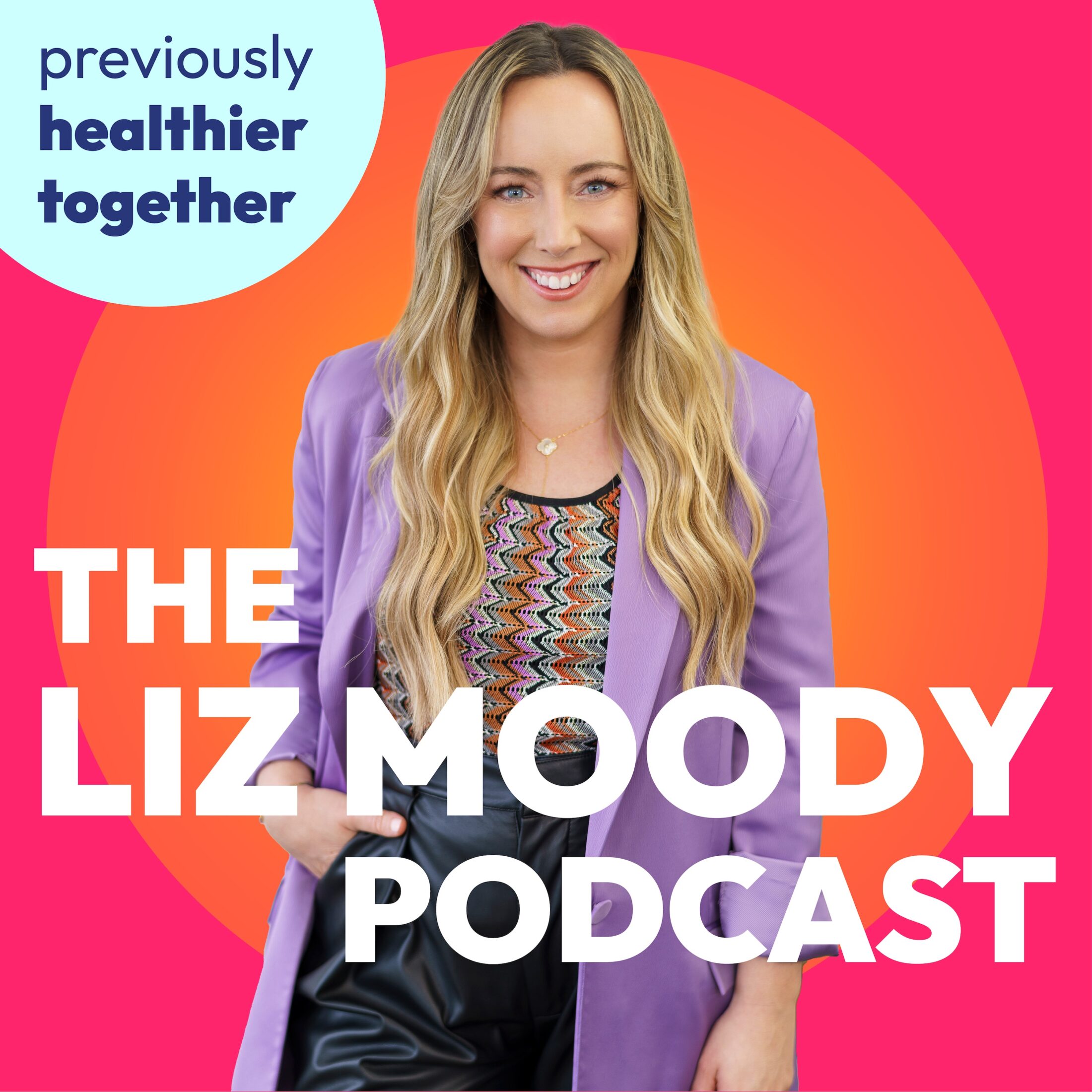
Leave a Reply